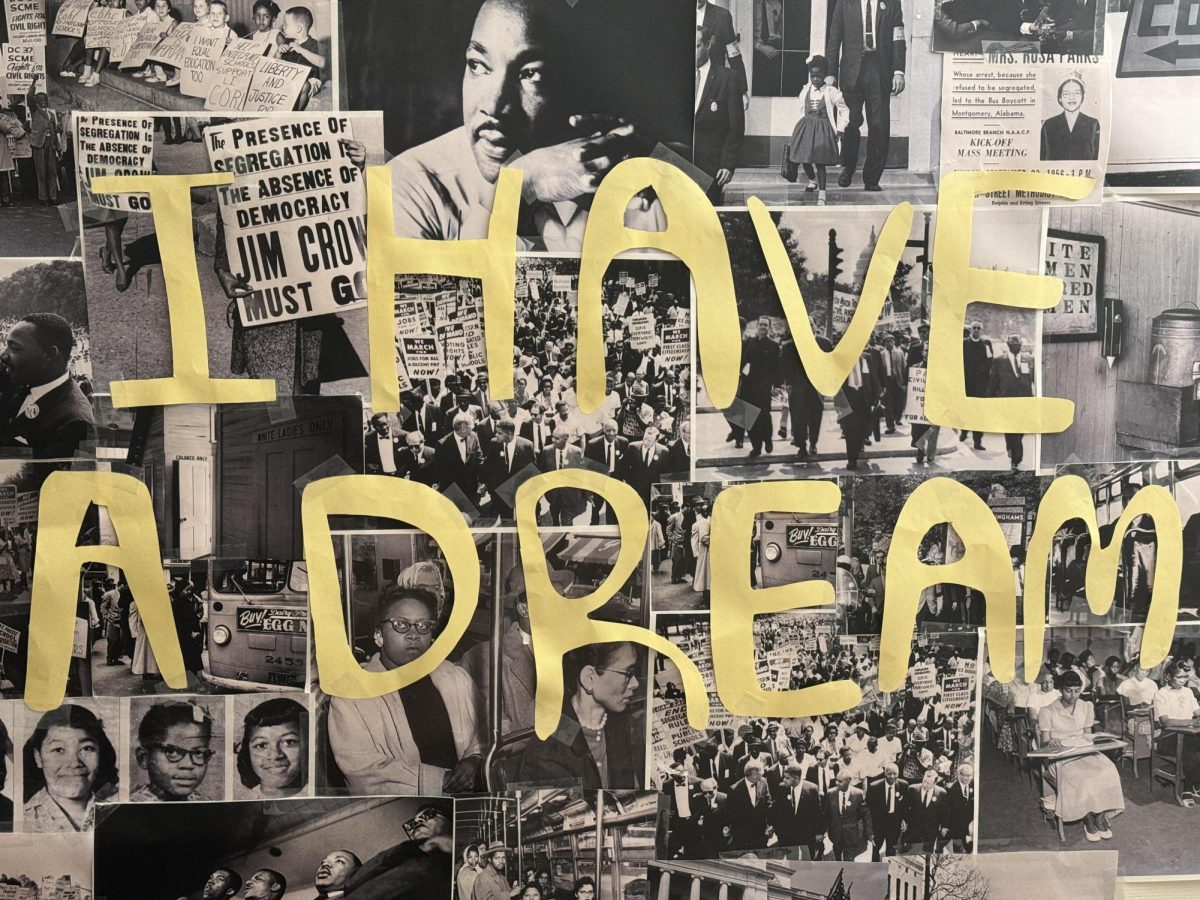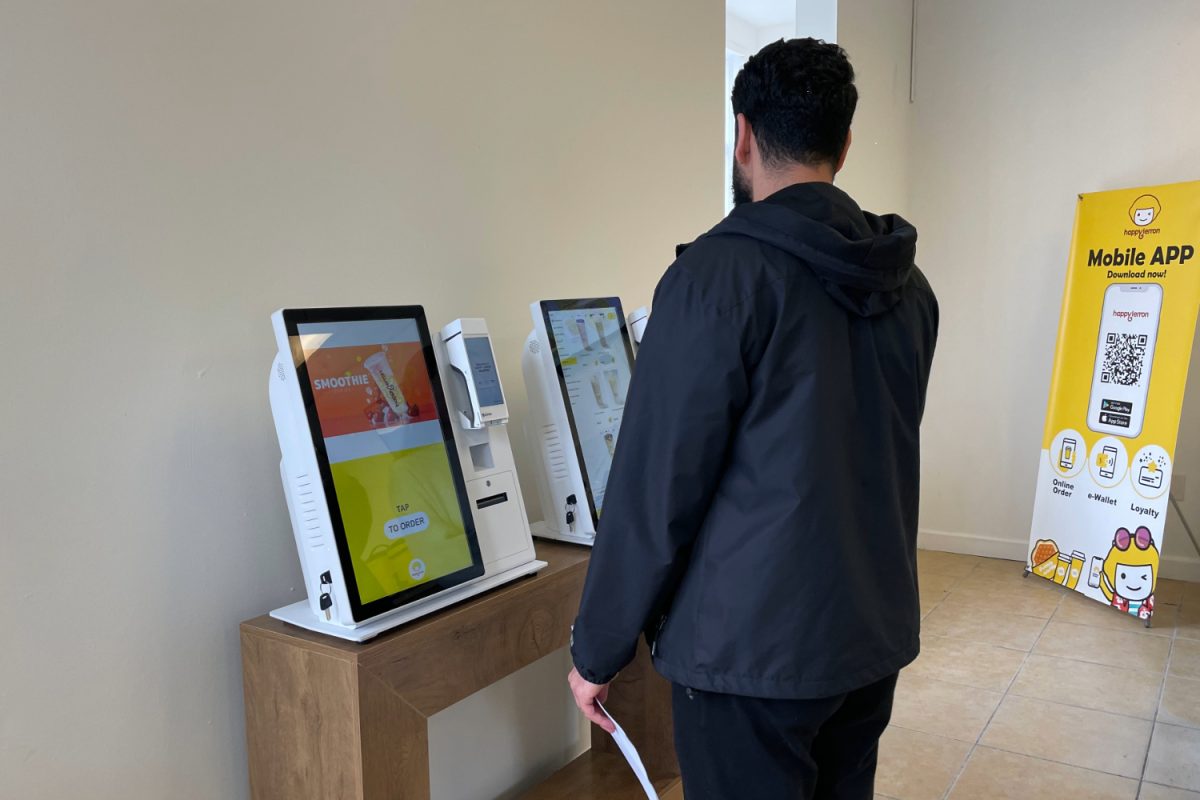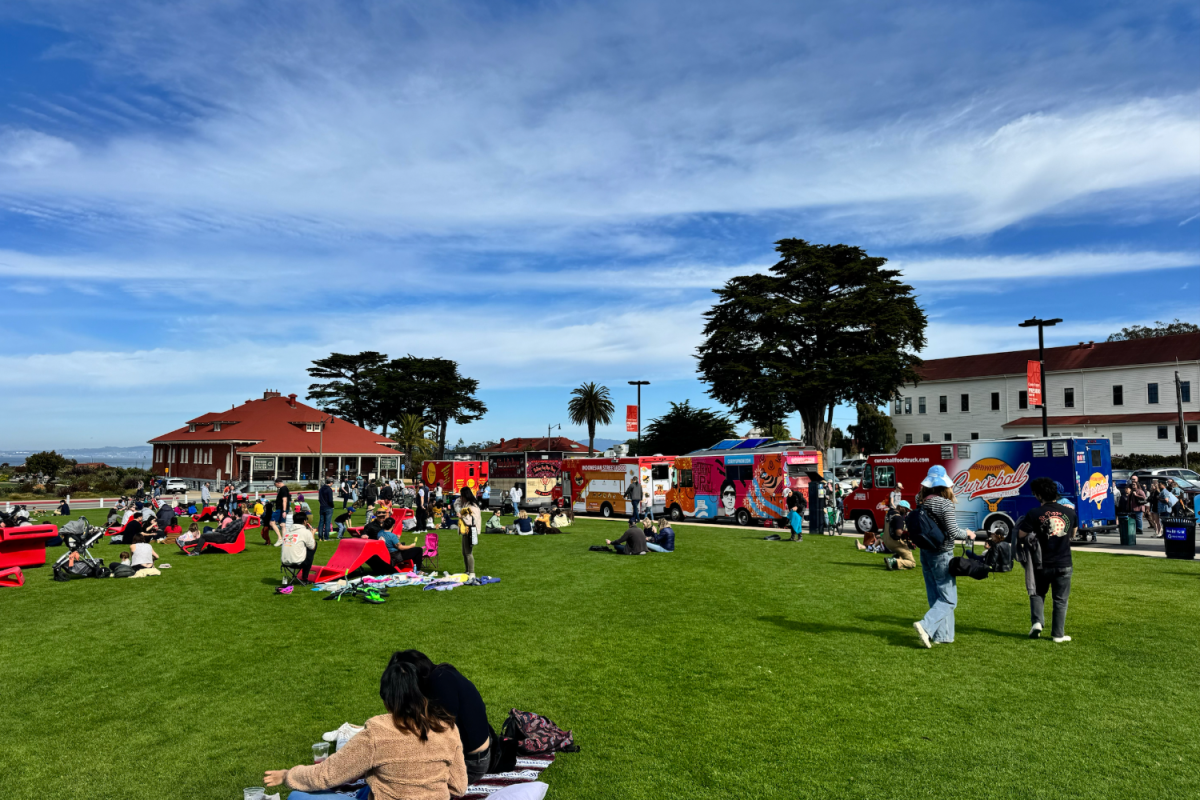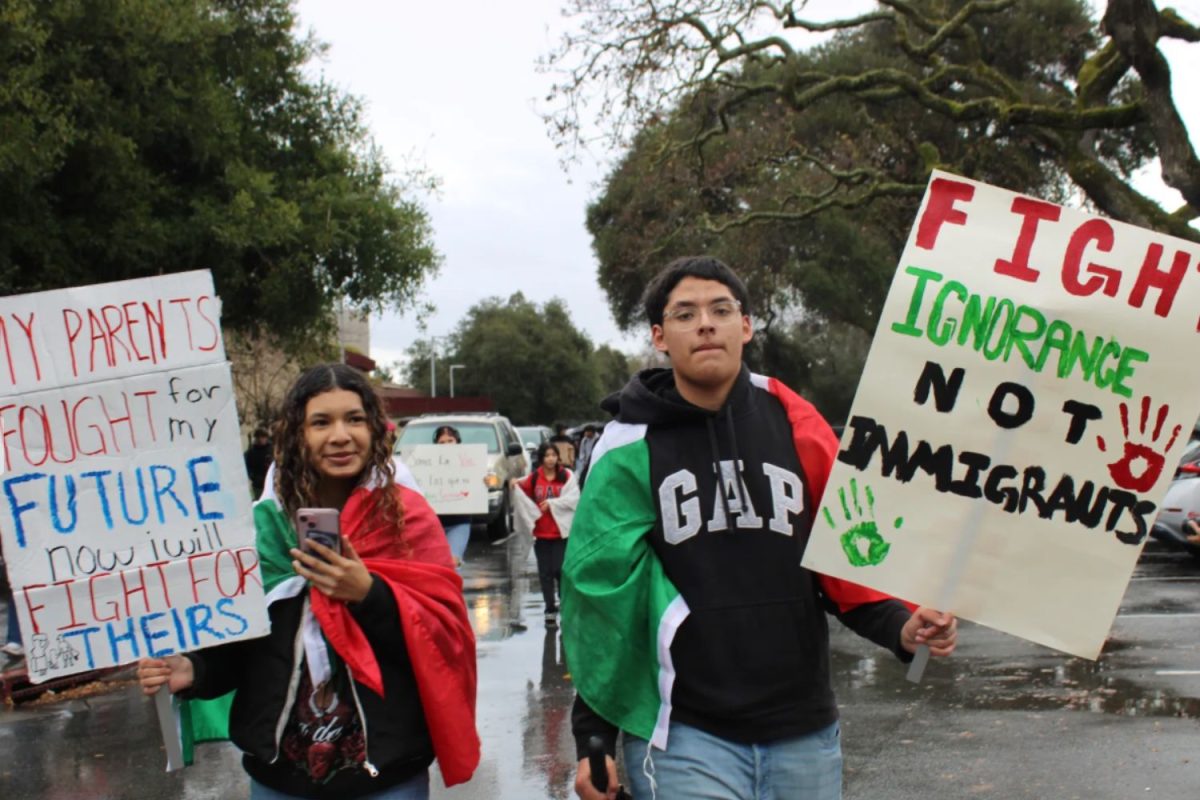Bay Area elementary school educators advocate for civil rights learning to support Diversity, Equity, and Inclusion (DEI) education efforts surrounding Martin Luther King Day.
The Belmont Redwood Shores school district has adopted a new five-year Strategic Plan to emphasize and honor its diverse student demographic. Part of this plan is to adopt DEI initiatives that strive to cultivate a more inclusive future.
“Teachers expand on DEI content because, especially in light of the world we live in today, we want to help kids be accepting and tolerant of differences,” said Redwood Shores Elementary School transitional kindergarten teacher Allison Williams.
This initiative to emphasize inclusion and collaboration efforts is prevalent throughout the district. Third-grade Sandpiper School teacher Katie Rosas is passionate about implementing a civil rights curriculum in her classroom.
“I like to tie the civil rights movement to activism in native american studies, but it’s not written in our textbooks, so I have to create it on my own,” Rosas said. “I often talk about peaceful participation, and I tie it into civil rights and movements from today.”
This recognition encourages students to dive deeper into the history of these issues and how they continue to affect people.
“I think students appreciate seeing a connection between their studies and the world,” said Carlmont English teacher Jody Humes.
Although there is significant DEI progress across the Bay Area, other places present a different perspective on this initiative. Faculty and students in states such as Texas and Florida are experiencing a different reality in their education. In April of 2023, Ron DeSantis signed a bill banning the discussion of DEI topics.
According to DeSantis, DEI has discriminatory repercussions rather than diversifying the curriculum. Senate Bill 266, implemented in Florida, prohibits public colleges from investing money into the DEI curriculum.
Even with educational debates nationwide, Belmont Redwood Shores elementary schools see positive changes with the implementation of DEI and encourage year-round topics of civil rights engagement.
The Black Lives Matter movement, which swept the country in 2020 and 2021 in response to recurring injustices against the black community, has also had a significant influence on elementary education.
“Since 2020, there’s been more of a push that we should be doing something to recognize these issues,” Rosas said.
This initiative appears beyond elementary education throughout Bay Area schools. Like many other English teachers at Carlmont High School, Humes connects civil rights topics to the English curriculum.
“We read an excerpt of MLK’s Letter from Birmingham Jail and discussed civil disobedience– which has clear connections to Antigone,” Humes said. “Taking time to discuss Dr. King’s work in the same week we have a day off in his honor is always something that I look forward to, and the students seem to appreciate.”
Rosas hopes to expand her students’ knowledge year-round to connect to issues of injustice that may affect them.
“In my perspective, we should not just be doing these things for the holiday; it should be year-round,” Rosas said.
Back in November, in the Belmont Redwood Shores elementary schools, students and staff honored the importance of a civil rights movement that altered the reality of education.
“We did a big thing called “We Walked with Ruby” because Ruby Bridges walked into school, and people were yelling at her to get out,” Williams said.
These movements also inspire students to look past preconceived notions about right and wrong in today’s world.
“I teach them that sometimes rules are not good, and you have to change them,” Williams said.
Williams notices that her students recognize the importance of these events in history because they apply them to their own experiences in school.
“They understand that a long time ago, they couldn’t have been in school together, and that’s the piece that hits home to them,” Williams said.
Looking forward, elementary teachers strive to continue to implement DEI learning to honor marginalized groups. Teachers hope that expanding libraries and projects to feature more diverse stories will inspire students to pursue and celebrate different histories and narratives.
“I’m seeing a positive progression in education for talking about diversity and celebrating our students, so I have hope that this will be a nationwide thing,” Rosas said.












